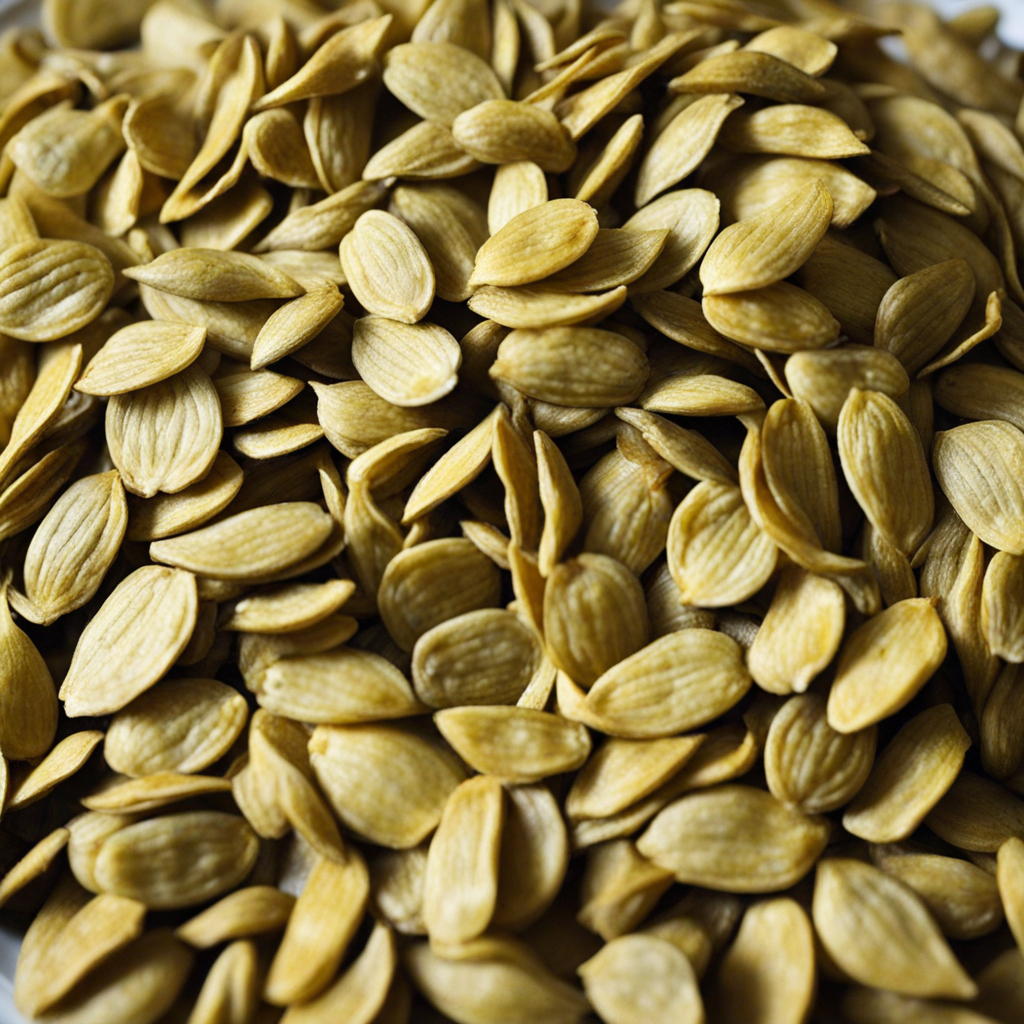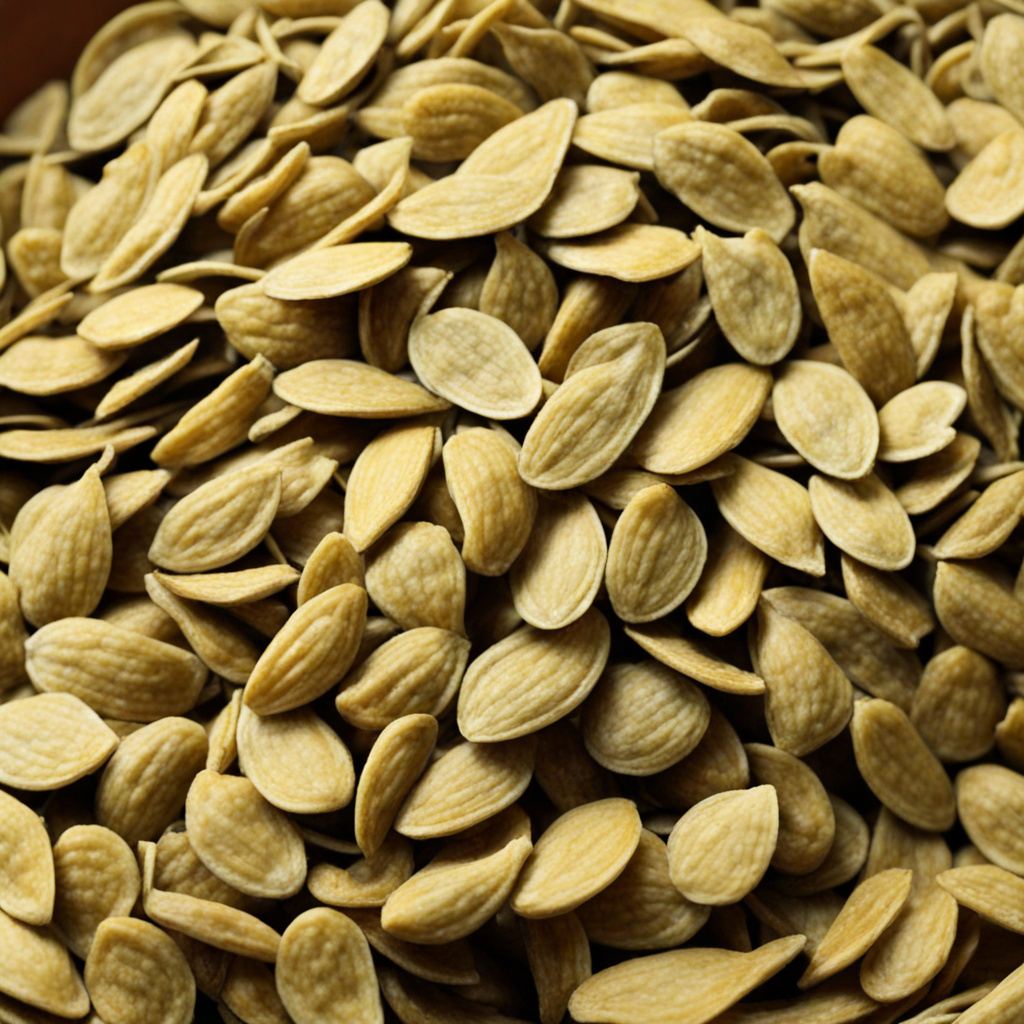Ubwoba
Ubwoba is a traditional Rwandan dish that showcases the rich culinary heritage of the region. This unique food is primarily made from groundnuts, also known as peanuts, which are roasted and then ground into a fine paste. The paste is often mixed with a variety of local ingredients, such as vegetables, spices, and sometimes a touch of honey, creating a delightful balance of flavors. The nutty richness of the groundnuts combined with the freshness of the vegetables makes Ubwoba a hearty and wholesome dish that captures the essence of Rwandan cooking. What sets Ubwoba apart is its versatility; it can be served as a dip, a spread, or even as a filling for various types of bread. When served as a dip, it pairs wonderfully with fresh vegetables or plantain chips, making it a perfect appetizer for gatherings. The smooth texture of the groundnut paste, complemented by the crunch of vegetables, creates a satisfying sensory experience. For those who enjoy exploring textures and flavors, Ubwoba offers a delightful journey through the palate, inviting you to savor every bite. The dish is not only delicious but also embodies the communal spirit of Rwandan culture. Often enjoyed during family meals or celebrations, Ubwoba brings people together, encouraging sharing and connection. Its wholesome ingredients make it a nutritious choice, reflecting the emphasis on health and well-being in Rwandan cuisine. With its unique flavor profile and cultural significance, Ubwoba is a must-try for anyone looking to expand their culinary horizons and experience the vibrant tastes of Rwanda.
How It Became This Dish
The History of Ubwoba: A Culinary Tradition from Rwanda Ubwoba, a traditional dish from Rwanda, is much more than just a meal; it is a vibrant reflection of the country's rich cultural tapestry, deep-rooted history, and the resilience of its people. This unique dish, made primarily from the fruits of the wild, particularly the heart of palm or the inner core of the banana plant, has evolved significantly over centuries, intertwining with Rwandan social customs and culinary practices. Origin of Ubwoba The origins of ubwoba can be traced back to the pre-colonial era of Rwanda, a time when the region was predominantly agrarian, and communities thrived on the natural resources provided by their lush environment. The heart of palm, a key ingredient in ubwoba, is harvested from specific species of palm trees native to the region. Historically, the gathering of these palms was often a communal activity, showcasing the collaboration and unity of Rwandan families and clans. The use of the banana plant in the preparation of ubwoba is particularly significant. Bananas have been cultivated in Rwanda for thousands of years, becoming a staple food source and a symbol of prosperity. The inner core of the banana plant, which is tender and nutritious, was often used in times of scarcity, making it a vital component of the Rwandan diet. The ingenuity of Rwandans in utilizing every part of the banana plant speaks to their deep respect for nature and sustainability. Cultural Significance Ubwoba holds profound cultural significance within Rwandan society. The dish is often prepared during communal gatherings, celebrations, and significant life events such as weddings and funerals. It symbolizes unity and the importance of sharing, reflecting the Rwandan belief that food is a communal experience that binds people together. In Rwandan culture, food is not merely sustenance; it is a means of connection, storytelling, and tradition. The preparation of ubwoba is often accompanied by songs and stories, with elders passing down culinary techniques and cultural narratives to younger generations. This oral tradition reinforces community bonds and ensures that the knowledge of traditional practices is preserved. Furthermore, ubwoba is often enjoyed with other dishes, such as isombe (cassava leaves) or ibihaza (pumpkin), creating a rich tapestry of flavors that represent the diversity of Rwandan cuisine. The combination of these dishes during communal meals fosters a sense of belonging and identity among those who partake. Development Over Time As Rwanda has undergone significant historical changes, so too has the dish of ubwoba. The colonial period and subsequent social upheavals in the 20th century brought about shifts in agricultural practices and dietary habits. The introduction of foreign crops and cooking techniques influenced traditional Rwandan cuisine, but ubwoba has remained a steadfast symbol of resilience and continuity. With the genocide in 1994, Rwanda faced immense challenges, including food insecurity and loss of cultural heritage. However, in the aftermath, there has been a concerted effort to revitalize traditional practices, including the preparation of ubwoba. Community initiatives aimed at promoting indigenous foods and agricultural practices have emerged, highlighting the importance of traditional dishes in fostering national identity and healing. In recent years, there has been a renewed interest in the health benefits of traditional foods like ubwoba. Nutritionists and chefs have begun to celebrate its nutritional value, as the heart of palm is rich in vitamins, minerals, and antioxidants. This has paved the way for ubwoba to gain recognition beyond Rwandan borders, with chefs incorporating it into contemporary culinary offerings, showcasing its versatility and appeal to a global audience. Modern Interpretations and Global Recognition In contemporary Rwanda, ubwoba has found its place not only in traditional settings but also in the growing culinary scene of Kigali, the capital city. Restaurants and chefs are experimenting with the dish, blending it with modern culinary techniques while still honoring its traditional roots. This fusion has led to innovative presentations of ubwoba, such as serving it as an appetizer or in gourmet tasting menus, highlighting its adaptability and universal appeal. The global culinary community has also begun to take notice of Rwandan cuisine, including ubwoba, as part of a broader trend toward authentic, farm-to-table dining experiences. Food enthusiasts and travelers are increasingly seeking out traditional dishes that tell a story and connect them to the culture and history of the places they visit. Ubwoba, with its rich heritage and communal significance, has become a culinary ambassador for Rwanda, inviting people to explore the country's culture through its flavors. Conclusion Ubwoba is far more than a simple dish; it encapsulates the essence of Rwandan culture, history, and community. From its origins in the pre-colonial era to its modern interpretations, ubwoba has remained a staple of Rwandan identity. It serves as a reminder of the resilience of the Rwandan people, the importance of sustainability, and the power of food to bring communities together. As Rwanda continues to evolve, so too will the narrative of ubwoba, reflecting the dynamic interplay between tradition and modernity. By embracing both its historical roots and contemporary relevance, ubwoba stands as a testament to the enduring spirit of Rwandan culture—a dish that nourishes not only the body but also the soul.
You may like
Discover local flavors from Rwanda







